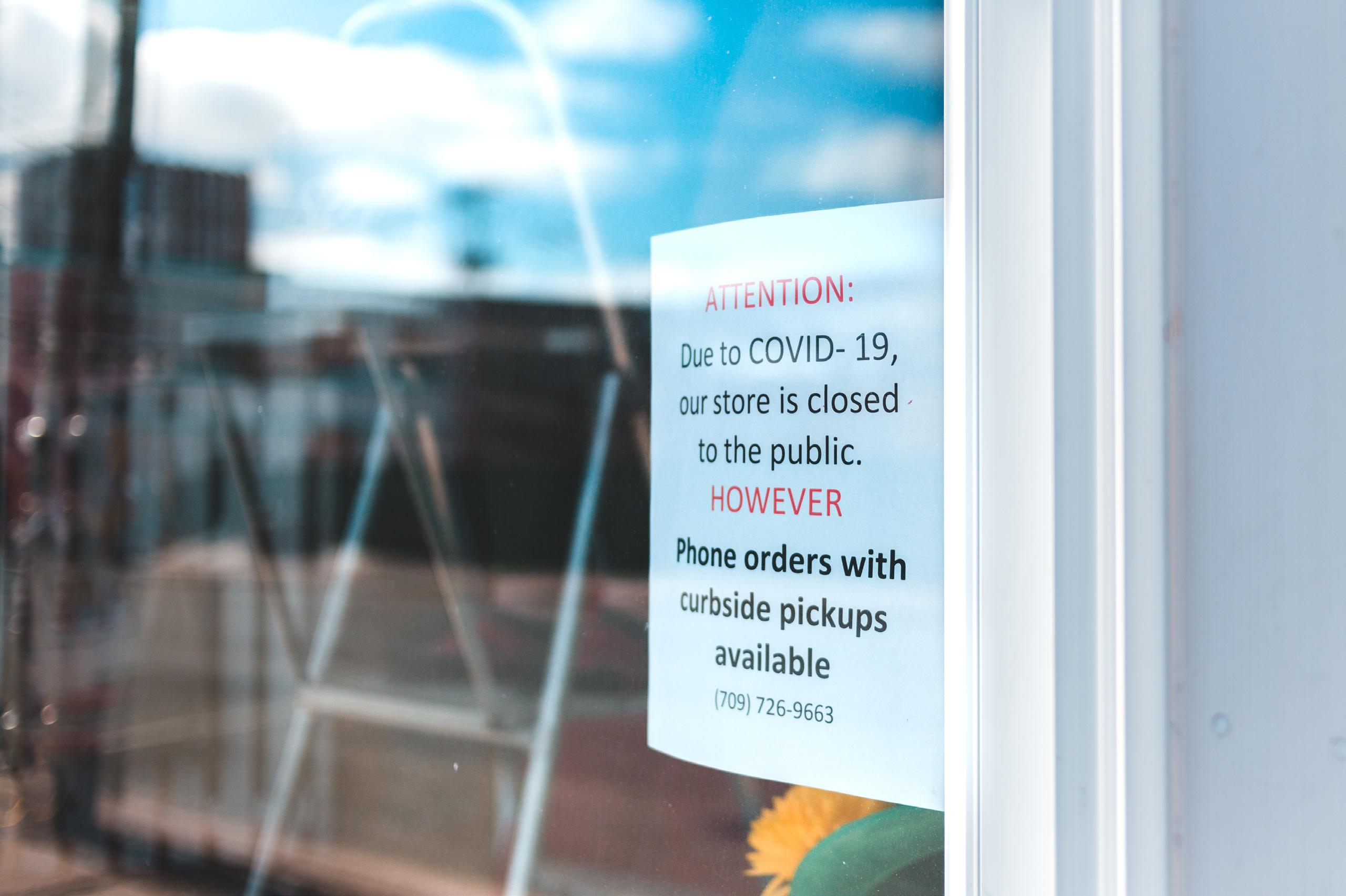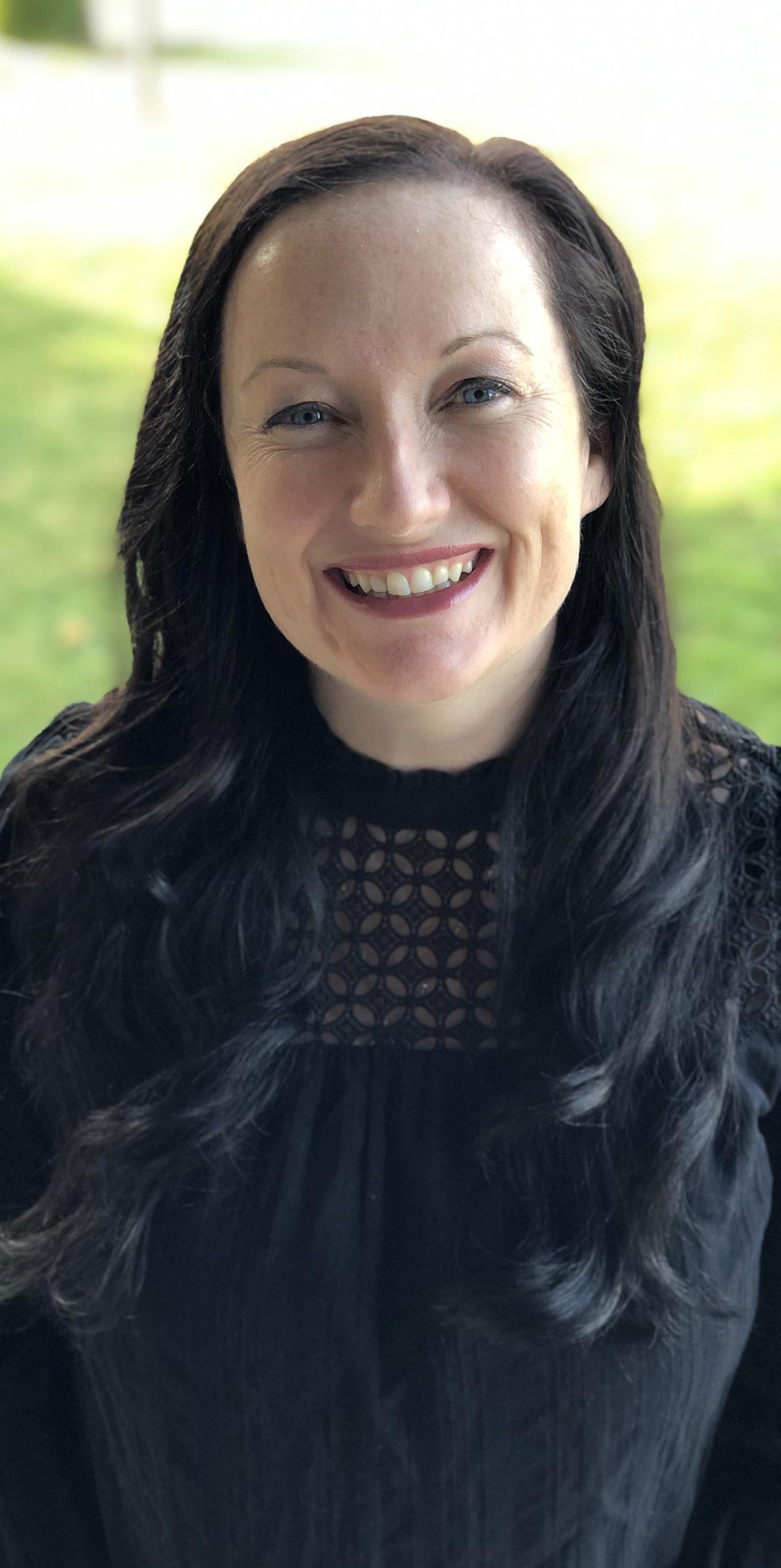
3 minute read
Knowledge is Power, but Information Management is Essential: Enter Ouafa Sakka
Feature Knowledge Is Power, but Information Management Is Essential: Enter Dr. Ouafa Sakka
Tunisia is a small, but beautiful country located at the very north of Africa, bordering on the Mediterranean Sea. It may not be a well-known country, but it is a country that makes its education system a top priority and one of its main resources.
Advertisement
Women are highly educated and are infused in all areas of business and society. Ouafa Sakka is one of those Tunisian women who flourished under this ideology. After earning her BBA in Accounting with distinction in Tunisia, Sakka was granted a merit scholarship to pursue her studies in Canada and it was then that she knew that she would continue her life in academia.
From Tunisia to Canada, Sakka was only 22 when she moved across the world to pursue higher learning. “I came to Canada to gain a more robust experience.” Without family and friends, Sakka had to integrate into a new culture, learn new languages, all while completing her MSc (concentration in Management Control) from HEC Montreal business school.
“It was both exciting and scary at the same time. I had to learn a lot. But it was the Canadian people being so helpful that made the transition easier.” Meeting a great network of people—and her future husband— motivated her to stay and earn her PhD in Business Administration (concentration in Accounting). And now, it’s Ottawa, Canada that she calls home.
Sakka has been a faculty member at Sprott since 2008 and has developed a thriving research and teaching program that integrates accounting concepts with other business areas. Her multidisciplinary research program is quite unique because it delves into the accounting world from a decision-making perspective. Her research has always included an aspect of management control.
“I’m interested in understanding how information is used by managers to achieve the company’s or the project objectives.” It is important that her models have variables linked to performance as this provides a picture of efficacies as well as limitations—a holistic picture that can help managers and companies move in the right direction.
Sakka’s most recent and very exciting two-year project, funded by a SSHRC Insight Development Grant, sees her, along with collaborators, tease out the factors that challenge the quality of internal audit in the federal government. Somewhat serendipitous, the project grew from a discussion with an internal auditor who expressed their concerns to her.
Internal auditing in all government departments was mandated in the wake of the federal sponsorship scandal hitting various cords between 1995 and 2006 and the Harper government’s call to action with the introduction of the Accountability Act to “crack down on unethical actions and make government transparent.” But governance scandals in the Canadian public sector continue to make news headlines.
Ouafa Sakka
Sakka is interested in looking at this problem from various points of view—auditors, managers, policy makers, and standard setters. She aims to explore not only how challenges are managed by internal auditors, but to further elucidate the kinds of policy changes needed around internal auditing to supply recommendations to the government for more transparency, efficiency, and an unbiased process.
In another ongoing project, Sakka is studying innovation risk management in small- and mediumsized enterprises (SMEs) and within her research program she examines how SMEs use information collected from collaborations with clients and suppliers to manage their internal risk—specifically around innovation. In other words, how SME managers use external information to help them innovate and improve their market share. In Canada, SMEs are the majority in the marketplace, yet the current literature mainly supports large organizations, leaving a large gap in understanding SMEs. Moreover, SMEs have a higher rate of innovation, but the structures around risk management are less formal, so clarifying risk management in this context is highly valuable. Understanding what works, what doesn’t and why is highly contributory to substantiate the literature and to ensure SMEs succeed within the Canadian economy.
From Tunisia to Canada, a long way indeed, and although Sakka calls Ottawa home with her family and a wonderful cohort of friends and colleagues, Tunisia will always be a part of who she is. Sakka would love to be a part of establishing a business program, such as an MBA, there someday—and I’m sure they would be thrilled!










